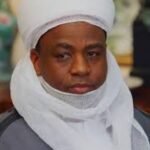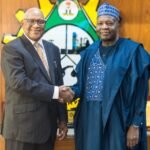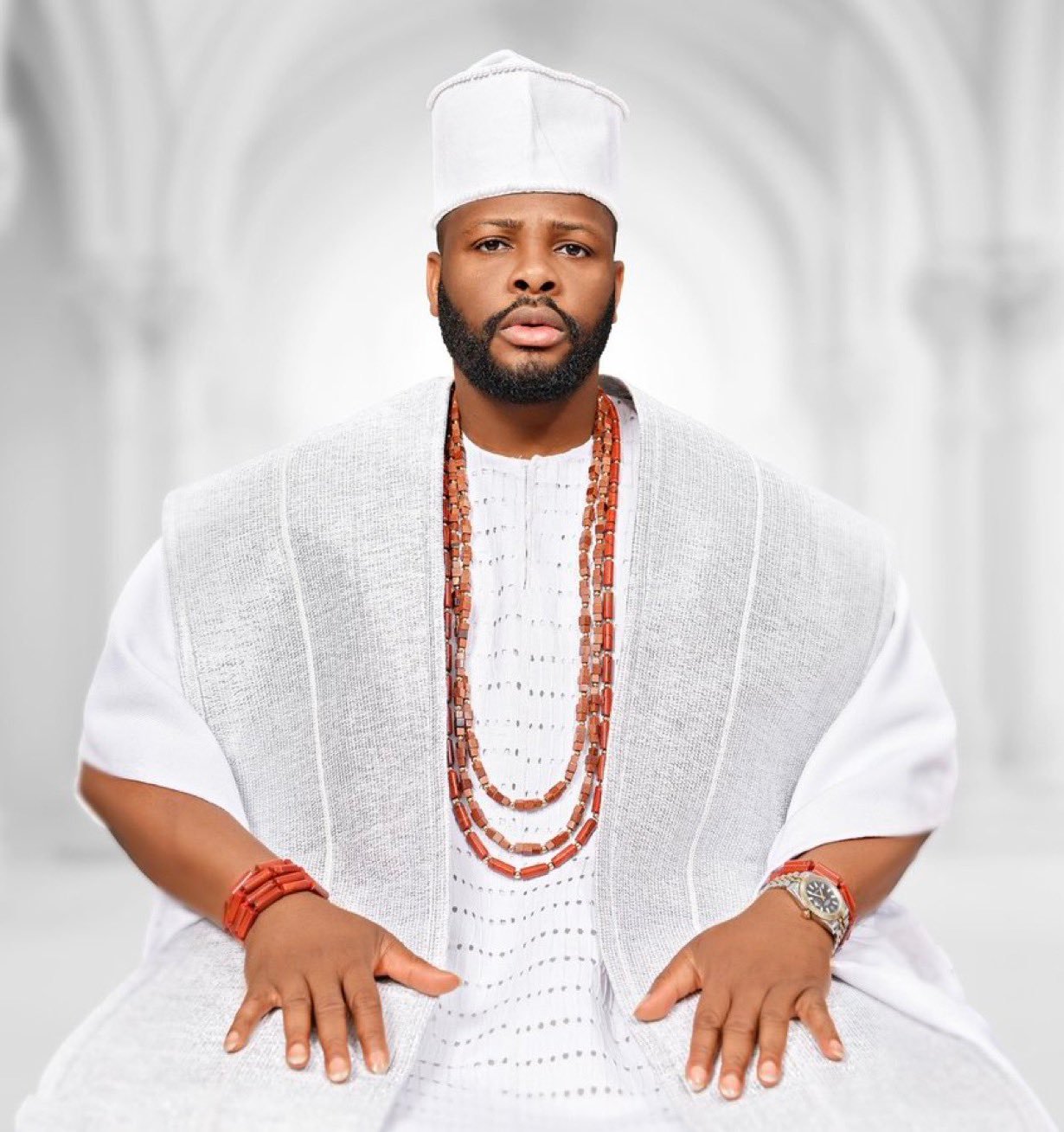
By Ademola Adekusibe
A storm of outrage is engulfing Lagos as fresh evidence suggests that the Lagos State Government under Governor Babajide Sanwo-Olu and the ruling All Progressives Congress (APC) are openly backing individuals accused of desecrating Yoruba culture and heritage.
The controversy centers on the Special Adviser to the Governor on Tourism, Arts, and Culture, Idris Aregbe, who admitted in an official statement to meeting with controversial artist Uzo Njoku (UzoArt) and entertainment figure Noble Igwe. The meeting, he claimed, was part of his duty to “provide diplomatic guidance.”
In his widely circulated press release, Aregbe described Lagos as a “true cultural melting pot” which has triggered widespread condemnation. Critics argue that the language deliberately dilutes the Yoruba identity of Lagos, reducing the state’s indigenous heritage to just one ingredient in a mix of outside cultures.
“This is more than careless,” said one enraged observer. “It is calculated betrayal. Lagos is not a melting pot. Lagos is Yoruba land. For a Yoruba son and government official to use such words while meeting with someone accused of mocking Yoruba culture is unforgivable.”
The fury only intensified when UzoArt herself responded publicly, quoting Aregbe’s statement and boasting about the meeting. She declared it was a “pleasure” to meet him and claimed she had presented her case to him and other Lagos officials. In the same post, she brushed aside the accusations against her:
•That she appropriated Yoruba culture by stamping Igbo words on Yoruba adire fabrics.
•That she insulted and cursed Yoruba people during the height of the backlash.
•That she refused to apologize despite repeated calls from cultural custodians.
Labeling all the accusations as “not true,” UzoArt offered no apology, no remorse, and no acknowledgment of the cultural harm. Instead, her dismissive tone paired with the Special Adviser’s embrace has left many Yoruba stakeholders convinced that the Sanwo-Olu government has taken sides against the people.
“This is not just UzoArt anymore,” a Lagos cultural advocate fumed. “It is now Sanwo-Olu’s government and the APC using their machinery to protect and promote those tearing down Yoruba values. They have shown us where their loyalty lies and it is not with the sons and daughters of Oduduwa.”
Political watchers warn that the implications go far beyond art or culture. With elections on the horizon, the perception that APC is shielding those accused of tarnishing Yoruba heritage could ignite deep resentment at the grassroots level.
“This is betrayal at the highest order,” another analyst noted. “If APC cannot defend Yoruba culture in Lagos, the very seat of Yoruba civilization, how can they claim to defend Yoruba interests anywhere else?”
For many, Aregbe’s meeting and subsequent defense have become symbolic of a government willing to trade Yoruba dignity for political correctness and personal alliances. The uproar has sparked mounting calls for accountability, with demands that both Aregbe and the Lagos government explain why outsiders who disparaged Yoruba identity are being elevated while cultural defenders are ignored.









